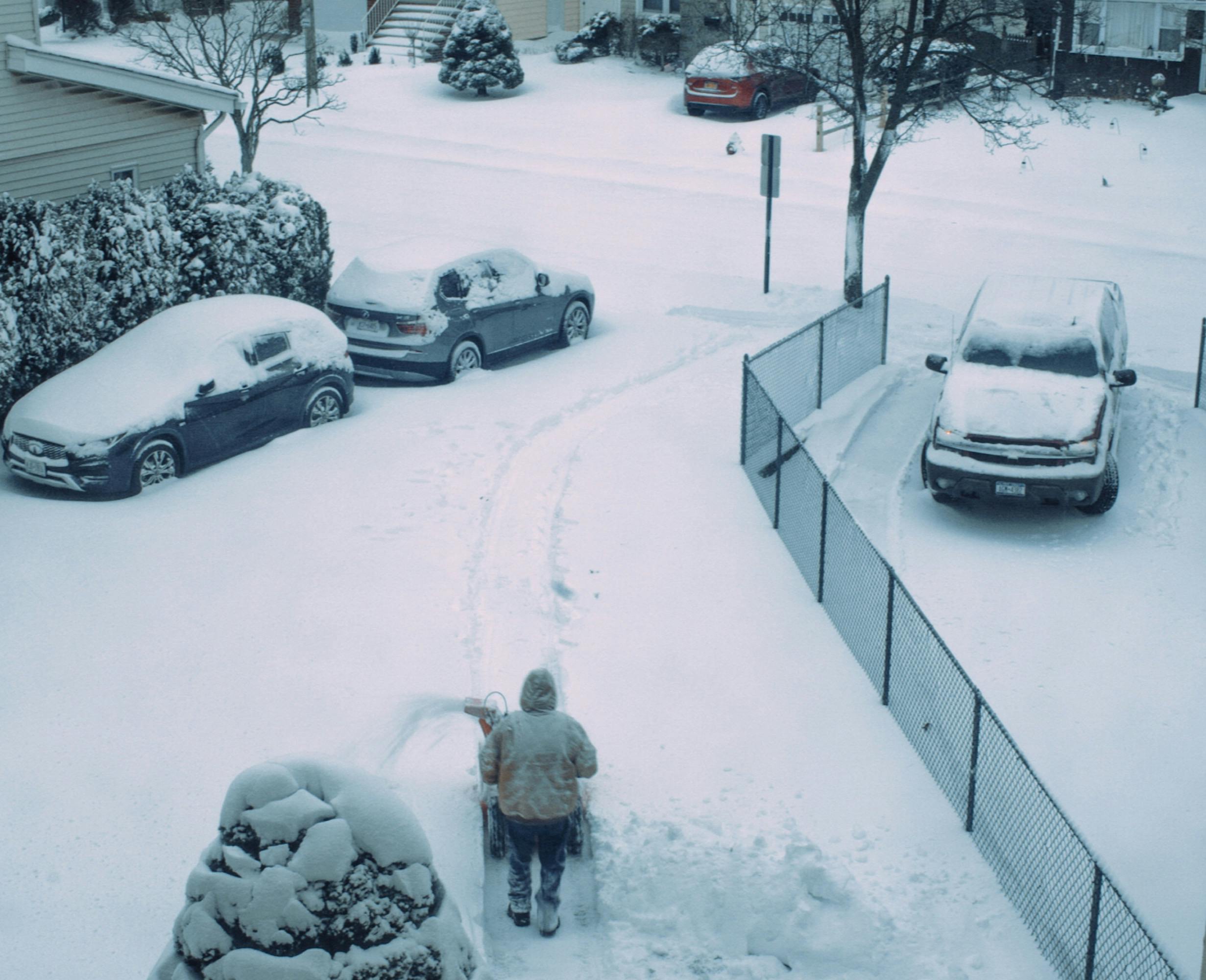Hurricanes can be unpredictable, powerful, and devastating, making hurricane preparedness essential for anyone living in storm-prone areas. To protect your home and loved ones, it’s important to have a hurricane preparedness plan in place before a storm hits. In this guide, we’ll walk you through everything you need to know about hurricane preparedness, including how to stormproof your home and stay safe during a hurricane. Following these hurricane preparedness steps can make a significant difference when the next storm comes your way.
1. Create an Emergency Plan
The foundation of hurricane preparedness begins with a solid emergency plan. Every household member should know what to do in the event of a hurricane. Consider these key steps:
- Establish a Communication Plan: Identify a contact person outside the storm zone to check in with during the storm. Make sure everyone knows who to call and what information to share.
- Designate a Safe Room: If evacuating isn’t an option, identify the safest room in your home, typically an interior room without windows, such as a bathroom or a closet.
- Plan an Evacuation Route: Know where to go if you are ordered to evacuate. Find your local hurricane evacuation routes and plan for a place to stay, whether it’s with friends, family, or at a shelter.
2. Stock Up on Essentials for Hurricane Preparedness
During a hurricane, power outages, water contamination, and disrupted supply chains are common. Be sure to stock up on essentials well before hurricane season begins:
- Water: Plan for at least one gallon of water per person per day, for at least three days.
- Non-Perishable Food: Stock up on food that doesn’t require refrigeration or cooking, such as canned goods, granola bars, peanut butter, and dried fruits.
- First Aid Kit: Include bandages, antiseptics, prescription medications, and any other necessary medical supplies.
- Flashlights and Batteries: Power outages are common during hurricanes, so having battery-powered flashlights and extra batteries on hand is critical.
- Manual Can Opener: In case of a power outage, a manual can opener will come in handy for accessing non-perishable food items.
- Portable Chargers: Keep your phone and essential devices charged with portable battery packs or solar chargers.
- Personal Hygiene Items: Include items like soap, hand sanitizer, and feminine hygiene products, as well as baby supplies if necessary.
- Important Documents: Store documents like identification, insurance policies, and medical records in a waterproof container.
3. Secure Your Home for Optimal Hurricane Preparedness
Stormproofing your home can minimize damage and protect you during a hurricane. Focus on these areas:
- Reinforce Windows and Doors: Install storm shutters or board up windows with plywood to protect against flying debris. Consider using door braces or heavy-duty bolts to reinforce doors.
- Clear Yard and Secure Outdoor Items: Remove or secure anything outside that could become a projectile in high winds, such as patio furniture, grills, and tools.
- Trim Trees and Shrubs: Prune trees and shrubs to prevent branches from breaking off and causing damage during strong winds.
- Check the Roof: Ensure your roof is in good condition, without loose shingles or tiles that could be blown off. Consider installing roof straps or hurricane clips to secure the roof to the home’s frame.
- Seal Cracks and Holes: Inspect your home for any cracks or gaps where water could seep in. Use caulk or weatherproofing materials to seal any openings.
4. Stay Informed for Better Hurricane Preparedness
Knowledge is one of your best defenses during hurricane season. Stay updated on storm conditions, evacuation orders, and other critical information:
- Follow Local Alerts: Sign up for local emergency notifications and alerts to receive real-time updates on storm conditions and evacuation orders.
- Monitor Weather Reports: Keep an eye on your local news or use trusted weather apps to monitor the path and intensity of the hurricane.
- Know Your Risk: Understand the potential hazards in your area, including storm surge, flooding, and wind damage. If you live in a flood-prone area, have sandbags on hand to prevent water from entering your home.
5. Evacuate When Necessary
When local authorities issue an evacuation order, take it seriously. Evacuating can save lives, and you should have your go-bag packed and ready in case you need to leave quickly.
- Go-Bag Essentials: Include important documents, medications, extra clothing, blankets, food, water, and hygiene items.
- Map Out a Route: Know your evacuation route in advance and leave early to avoid traffic jams or road closures.
- Pet Safety: Don’t forget your pets! Pack enough food, water, and any medications they may need, and ensure they have proper identification.
6. What to Do During the Storm
If you are staying home during the hurricane, ensure you are as safe as possible:
- Stay Indoors: The safest place during a hurricane is inside, away from windows and doors. Stay in your designated safe room if the storm intensifies.
- Turn Off Utilities: If instructed, turn off electricity, gas, and water to prevent potential damage or accidents.
- Avoid Using Phones: Avoid using wired electronics during the storm to prevent injury from lightning strikes.
- Listen to Official Updates: Keep a battery-powered radio or weather app on hand to monitor the situation and follow any additional instructions from local authorities.
7. After the Storm
Once the hurricane passes, the aftermath can still pose dangers:
- Wait for the All-Clear: Don’t assume it’s safe to leave your shelter immediately after the storm passes. Wait for official communication that it is safe to go outside.
- Check for Damage: Inspect your home for damage, but be cautious. Stay clear of downed power lines, broken glass, or other hazards.
- Document the Damage: Take photos of any damage to your home and belongings for insurance purposes.
- Be Careful of Floodwaters: Avoid walking or driving through flooded areas, as the water may be deeper than it appears or contain debris.
Conclusion
Hurricane preparedness is about more than just weathering the storm—it’s about being proactive and ready for anything that comes your way. By following these steps, you can help protect your home, your family, and yourself from the potential dangers of a hurricane. Remember, preparation is key, and it’s never too early to get started.
Stay safe, stay informed, and be prepared.





Leave a Reply